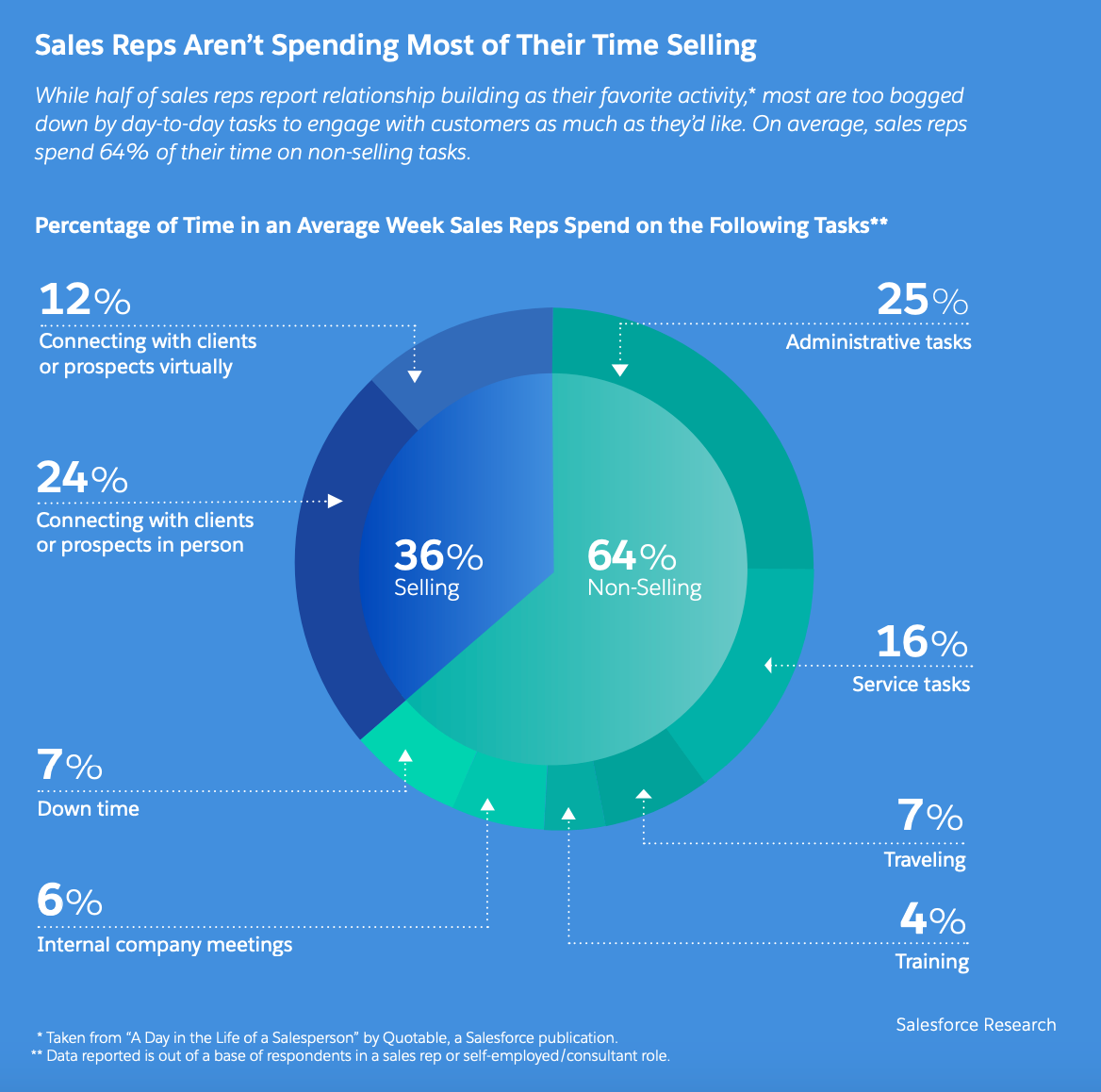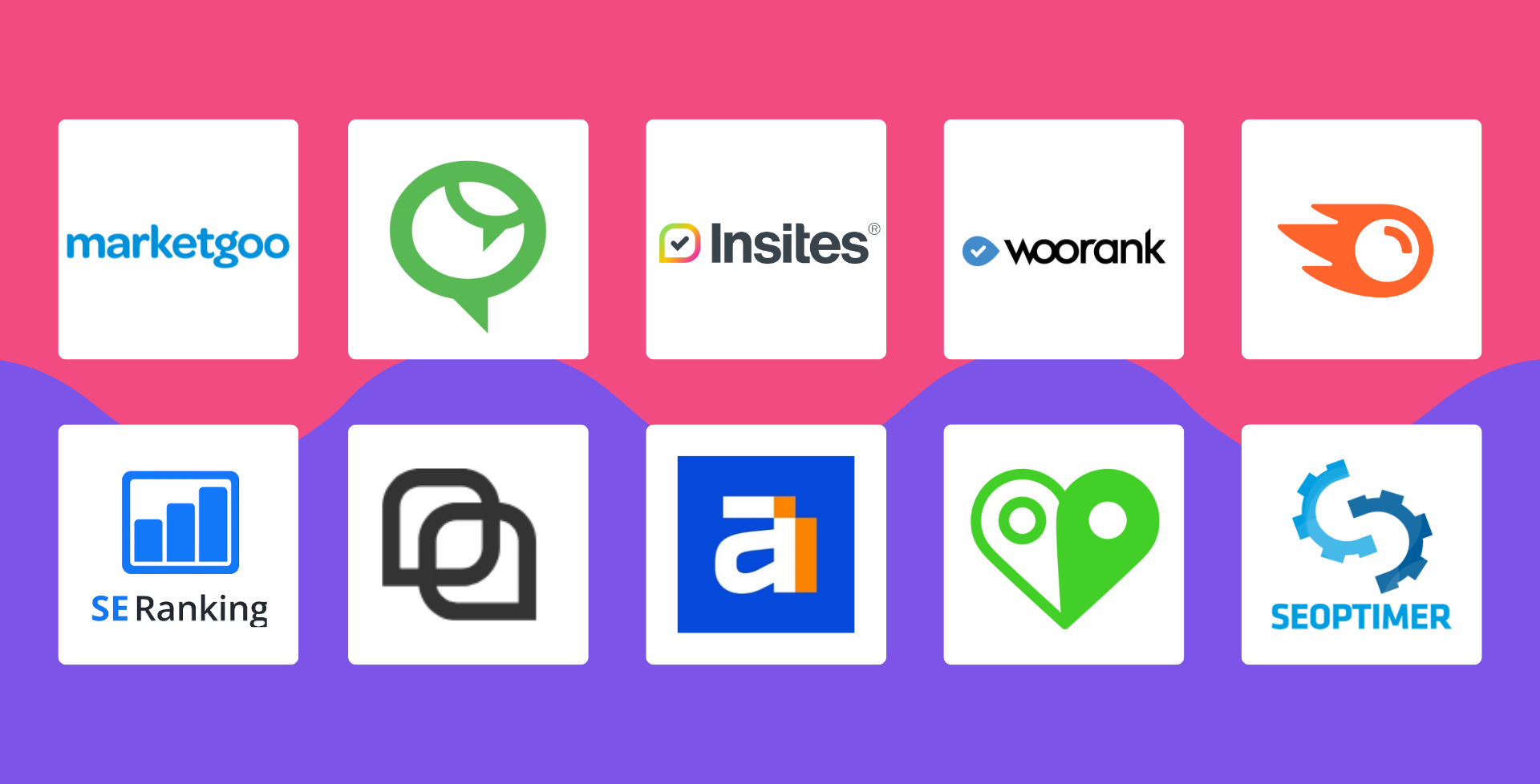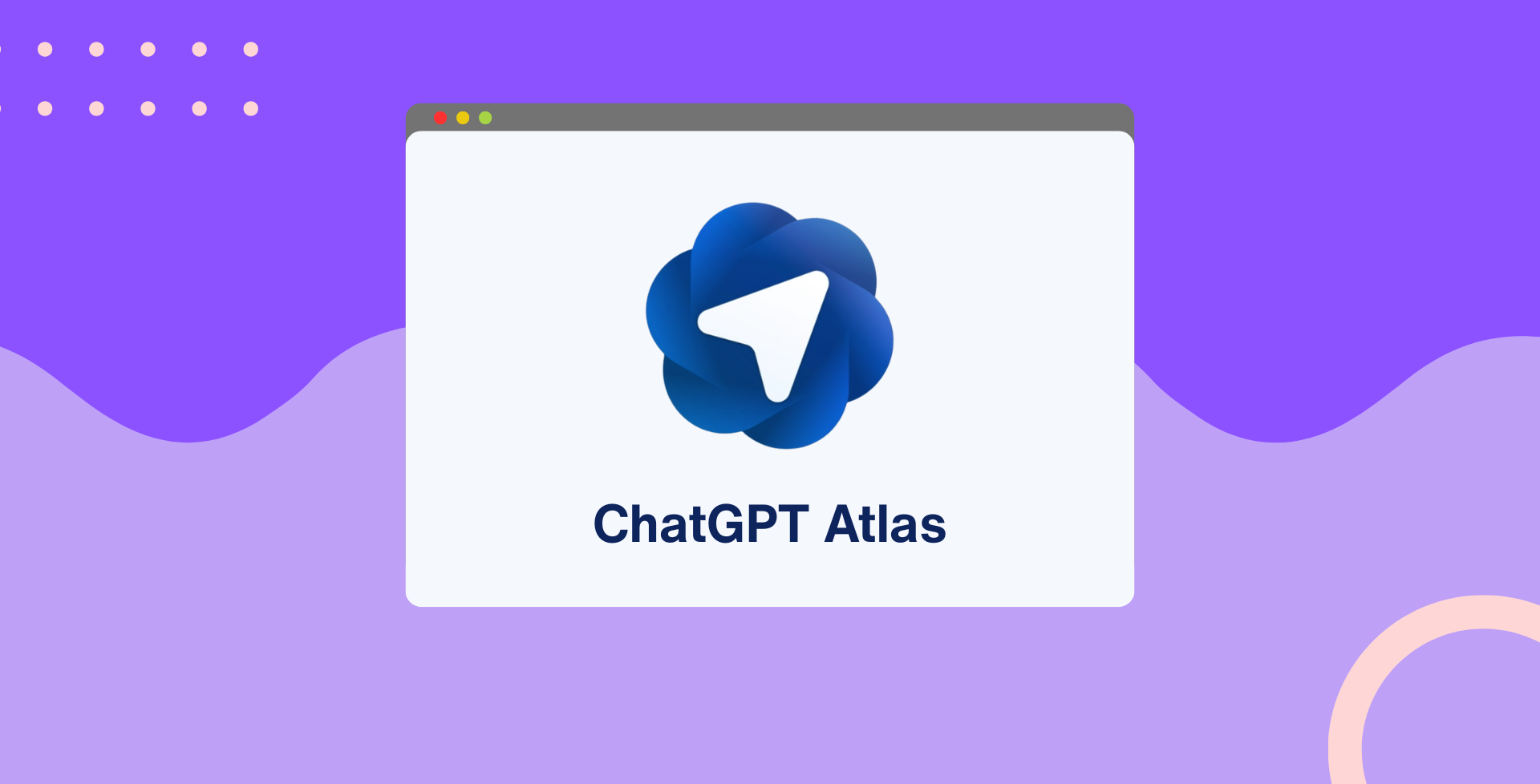How to Improve Your Agency’s Sales Productivity and Conversion Scores
Izzy Fletcher • November 19, 2024
You’ve got people around you banging the drum about “sales productivity” and how crucial it is for agencies, right? But why does this buzzword dominate the agency world so frequently?
The simple answer: it drives conversions.
End of the story? Not quite! There’s so much more to explore.
Agencies often get bogged down by ad-hoc tasks, manual admin, and inefficient processes. But, the agencies thriving amongst the competition are those that have refined workflows, nurture leads effectively, and leverage automation tools.
When your agency makes productivity the core of its sales process, you’ll see benefits like:
- Enhanced efficiency and consistency
- Higher conversion rates
- Improved client satisfaction and customer acquisition
- Reduced employee turnover
- Stronger scalability
Let’s dive into understanding sales productivity, how to implement it, and how to measure best practices going forward.
Why is automation so important for sales productivity?
A well oiled sales process will help grow your agency and secures long-term sustainability. But digital advances and shifting client expectations make it even tougher for sales reps to do what they do best – sell!
A surprising stat from the Salesforce State of Sales report shows that sales reps only spend 36% of their time actually connecting with clients! The rest of their time is spent doing admin tasks, attending internal meetings and doing adhoc activities. While admin is important, imagine how much more sales teams could achieve with the right automation tools to lighten that load.
It’s important to remember that technology can work against us, or for us. Choosing the right automation that align with your agency’s KPIs and existing tech stack reduces manual labour and lowers the chance of human error. The long term benefits of implementing automation include:
- Better lead management help sales reps focus on those most likely to convert
- Personalised content and messages to save time and build stronger customer relationships
- Automated reminders ensure no important contacts are missed, increasing the chance of closing deals
- Easier pipeline tracking helps sales teams can stay organised and on top of opportunities
- Less admin work frees up time for actual selling
5 strategies for boosting productivity in your agency’s sales team
Unfortunately, productivity isn’t achieved simply by getting some fresh air and having a good breakfast. Your sales team will feel productive when they have access to powerful resources, tasks are clear to follow and distractions are minimised. Productivity calculates and measures your agency’s return on the time, money, and effort invested in your sales team. Essentially, its about getting the most out of what you put in!
Without lead qualification and pipeline tracking, sales teams can’t easily identify their most profitable clients – and prioritising tasks is key to sales productivity. According to McKinsey & Company , underperforming sales teams often spend over 50% of their time on low-revenue clients (20% or less of total revenue). Meanwhile, top teams use advanced tech and focus on high-value accounts, increasing revenue per salesperson by 3% to 15%.
So, let’s explore 5 strategies to increase your sales ROI and boost productivity:
- Leveraging technology & automation in lead generatio n
Most prospects begin their journey through digital touch points, in fact 57% of customers prefer to engage with businesses through digital channels.
Tools like HubSpot and Salesforce streamline lead generation by automating and managing processes. They offer features like CRM systems for tracking leads, marketing automation for targeted campaigns, and analytics for measuring performance. To learn more about improving your agency with automation tools, read this blog.
But you can’t just download some tools and hope for the best. The content within these platforms needs to offer value or incentive that resonates with your target audience’s pain points.
2. Improve lead qualification with online audits
Qualifying a prospect, evaluating their website and content performance can be time-consuming! So what about an SEO audit? Generic, or complex audits often fall short for SMBs – they can be hard to understand or lack customisation to reflect your agency’s services or expertise. However, online audits like the ones generated by Insites can be set up to mirror your agency services and allow sales reps to leverage easy to understand data into a high value pitch that strikes a chord with the prospect.
3. How to properly nurture leads
When nurturing leads, you need to understand how and where their communicate. Start by building customer personas and segment leads based on their business challenges and goals. Sales teams can then personalise outreach to address each the lead’s specific needs. Prospects might not be ready to convert after one interaction, but keeping the lead engaged ensures your agency stays top of mind when they’re ready to wrap up a deal.
4. Make data-driven decisions
It’s natural to trust instincts or past experiences in sales, but implementing data-driven decision is just as important. For example, if cold emails without value don’t get good results, your team shouldn’t spend time on them. However, if offering a free online audits leads to higher response rates, keep doing that! In short, combining human touch with data-driven insights will lead to more successful outcomes.
5. Educate teams and create documentation of standard operating procedures
Equipping your sales team with standard operating procedures ensures everyone is aligned. When everyone is on the same page it reduces human error, client dissatisfaction and wasted time. There is no point implementing tools and changing strategies if your whole team don’t understand or know how to maximise the value!
Using metrics and conversation scores to monitor productivity
Metrics reflect your team’s performance and stakeholders want to see strong results. Most agencies have a formula and use technology to measure how many leads turn into customers, or the average cycle length (how long it takes for leads to convert to clients). By measuring and committing to improving conversion rates, teams can gradually eliminate inefficient tasks and focus on high-value activities. Over time, you can use this data to identify weaknesses in the customer journey and determine which processes are not delivering high-value results.
Here are some key metrics to monitor in the sales process:
- Revenue per Sales Rep: Tracks the revenue generated by each sales representative.
- Sales Activities: Measures the number of outreach activities conducted by your team.
- Quota Attainment: The percentage of sales reps who meet or exceed their sales targets.
- Win Rate: The ratio of deals closed compared to the total number of deals pursued.
SEO audits vs Online auditing tools
If your sales team are pulling their hair out over manually auditing, it’s time to stop! I know I keep banging the drum about automation, but so many agency’s are wasting their time on the wrong auditing tools! If your agency started using SEO audits that promised you everything on the tin, but aren’t delivering…. There is a better solution – Insites customisable audits!
Sales teams aren’t SEO experts, so how can we expect them to know what to look for when crawling websites and running checks? You have two options:
- Spend countless hours trying to train them
- Or implement customisable audits that align quick checks with your agency’s services, eliminating irrelevant scores that don’t support your prospects’ business goals
If you’re interested in discovering how Insites can help agencies boost productivity and streamline the sales process, book a call with our team today!
Happy auditing




























